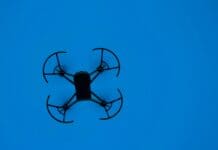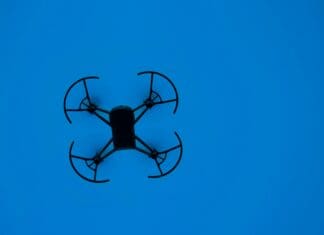This post is also available in:
 עברית (Hebrew)
עברית (Hebrew)
In a significant advancement in the fight against COVID-19, researchers have identified a new antibody, SC27, that shows effectiveness against all known variants of SARS-CoV-2, the virus responsible for COVID-19. This breakthrough comes at a crucial time, as the US experiences a surge in COVID-19 cases this summer.
The discovery was made by a large, multi-institution research team led by The University of Texas at Austin, as part of a study on hybrid immunity to the virus. The team isolated SC27, a broadly neutralizing plasma antibody, from a single patient. Leveraging technology developed over years of research, the team, which includes engineers and scientists from UT, determined the precise molecular sequence of the antibody. This paves the way for potential large-scale production and future therapeutic applications, enhancing the ability to protect against both current and future COVID variants.
SARS-CoV-2 has evolved continuously since its emergence four years ago, with each new variant displaying different characteristics and increased resistance to vaccines and treatments. Protective antibodies typically target the virus’s spike protein, which is crucial for its ability to infect human cells. By binding to and blocking this protein, antibodies can prevent infection.
SC27 has demonstrated the ability to recognize and neutralize various spike proteins from different COVID-19 variants. Researchers from UT were instrumental in decoding the original spike protein structure, which was critical in developing vaccines and other treatments. Their technology, known as Ig-Seq, employs single-cell DNA sequencing and proteomics to provide detailed insights into antibody responses to infection and vaccination.
The study also highlighted the enhanced protection provided by hybrid immunity that combines infection and vaccination over either strategy alone. This finding is particularly relevant as the world faces another wave of COVID-19 cases. The researchers have filed a patent application to protect their innovative work, signaling ongoing progress and the need for continued development in combating the virus.
The findings were recently published in Cell Reports Medicine journal.


























